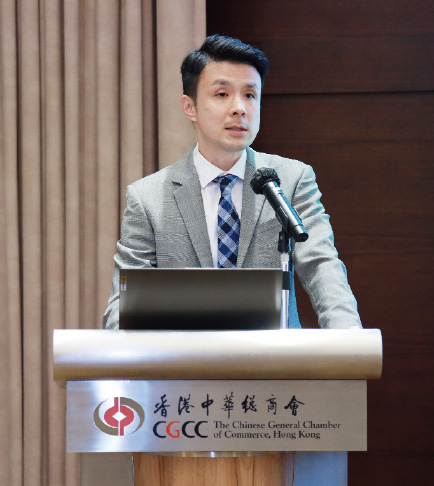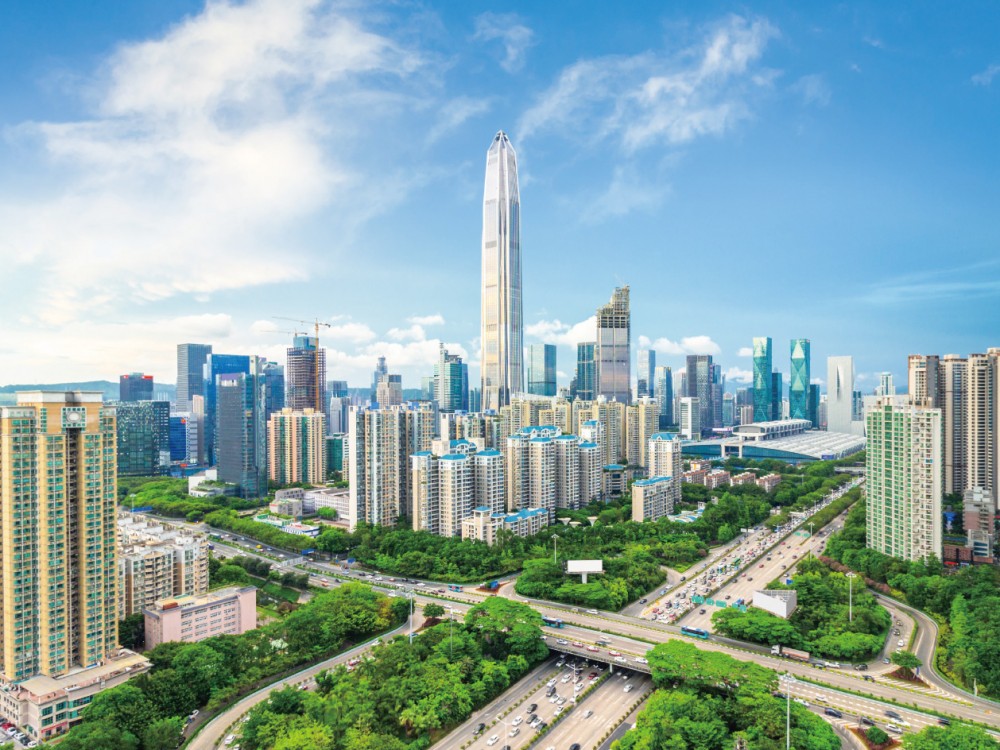
The competition between China and the US, as generally expected by the market, will become a new normal for quite some time in the future. Businesses should embrace the changes, stay agile and explore new opportunities.
 The US has been taking an increasingly firm line on China in recent years. The new executive order to restrict US investment in China's high-tech sector, which will soon be signed by US President Joe Biden, will further disrupt the relationship between the two countries. Earlier on, the White House had invited the presidents of Korea and the Philippines to visit the US, intending to win over these two countries to adopt a tough stance toward China.
The US has been taking an increasingly firm line on China in recent years. The new executive order to restrict US investment in China's high-tech sector, which will soon be signed by US President Joe Biden, will further disrupt the relationship between the two countries. Earlier on, the White House had invited the presidents of Korea and the Philippines to visit the US, intending to win over these two countries to adopt a tough stance toward China.
Trade breaks records despite political tension
Nathan Chow, Senior Economist of DBS Bank (HK), expects the competition between China and the US will intensify in all areas. “Skirmishes between China and the US have been lingering for five years since the Trump era. Yet, opportunities do exist in dangerous times, as illustrated by the record-high trade volume this year.”
New opportunities unleashed by changing national policy
Noting the normalizing Sino-US competition, Chow reckons China has been responding calmly by putting forward the “dual circulation” development strategy. As part of the international circulation and to minimize its dependence on Western countries, China is actively expanding trade ties with countries under the “Belt and Road” Initiative, including those from ASEAN and the Middle East.
As for domestic circulation, Chow points out that the Hainan Free Trade Port launched in 2018 was proposed in response to changes in the international landscape. Development of the Free Trade Port has been quite impressive over the past few years. “Hainan is expected to officially become a new special economic zone by 2025, where abundant business opportunities await. To date, more than 70% of the local FDI (foreign direct investment) has come from Hong Kong, and more than 2,000 Hong Kong companies have registered there.”

Embracing changes and responding with flexibility
Chow candidly commented that the relation between China and the US is unlikely to see improvement in the short term. The business sector should seek a way out under the new circumstances. Huawei, for example, was hard hit after being sanctioned by the US By flexibly diverging its businesses to electric vehicles, unmanned driving and cloud computing, the company manages to grow its sales.
He added that under the state's national policy of promoting domestic circulation, mainlanders are spending more at home or online. “In this case, major companies and brands must also adapt to the changes. Unlike the last peak period, Hong Kong may not be welcoming as many mainland tourists as before, meaning shop rents and tourism-related sectors will suffer. Therefore, local businesses must make early plans to cope with these changes.”




